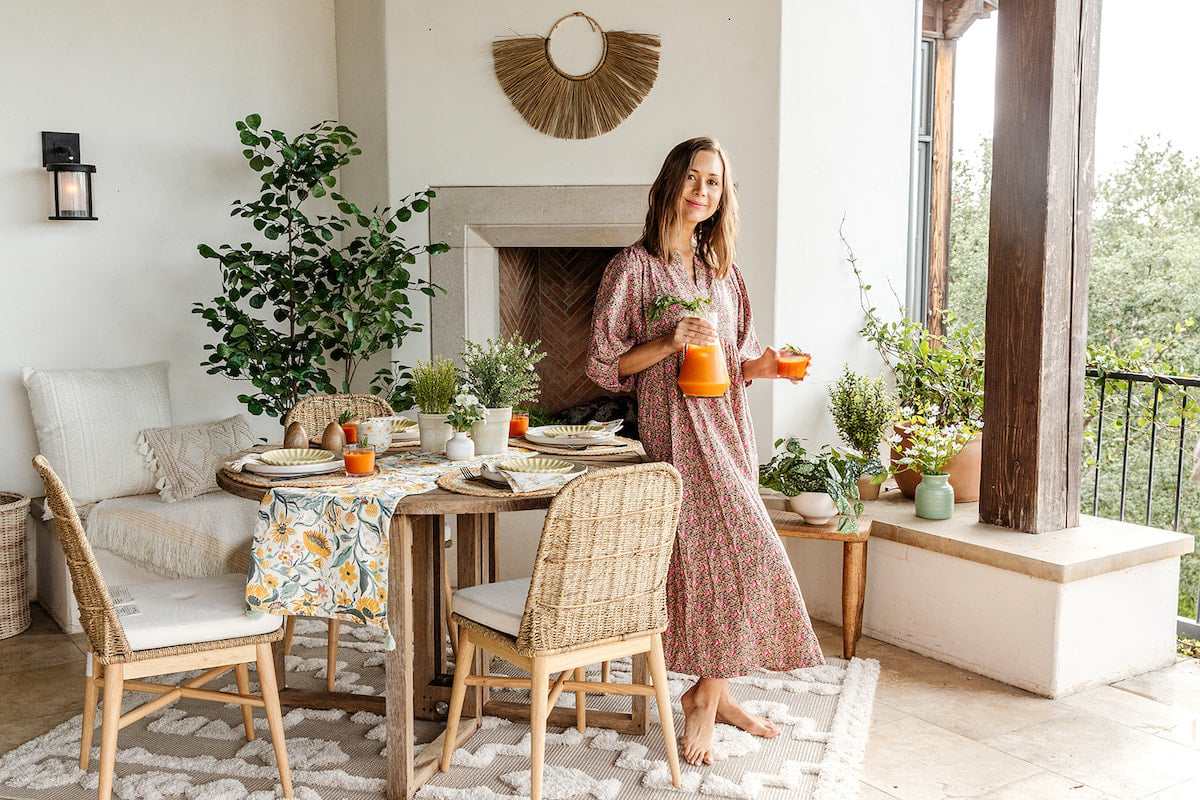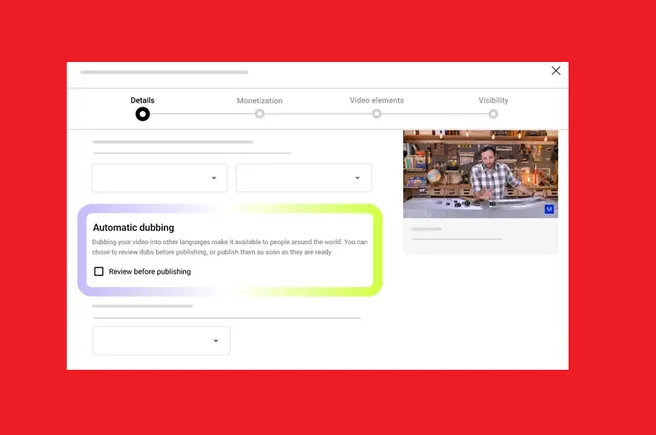Why Your Kitchen Needs Its Own Vacuum
I hate cleaning, but I do enjoy banishing clusters of crumbs from my kingdom with a tiny, powerful vacuum.

We may earn a commission from links on this page.

Credit: Radu Sebastian / Shutterstock.com
I hate cleaning, which presents a real predicament for someone (me) who makes a mess in the kitchen every day. Often my boyfriend cleans up after me—he is kind and I feed him—but the time has come where I feel like I have to try to make more of an effort. I bought a kitchen vacuum, and I'm happy to report that it's made us both happier.
There’s the obvious kitchen messes—spilled coffee, oil splatters on the stove, or never-ending dishes—and those need relatively immediate individual treatment. The other kind of kitchen mess is more sinister, lurking, growing silently until you open the silverware drawer and realize how embarrassed you would be if a friend came over and went to get a fork. It’s miscellaneous crumbs. It sounds like no big deal, but that’s exactly the kind of attitude they prey on.
“Crumb” is the word I’m using for bits of dry material that collect in the drawers, cabinet edges, corners of the counter, and in the weird ledges of your oven door. “Crumbs” includes more than bits of dry food—it’s fuzz, dust, seeds, arm hairs, pet hairs, coffee grinds, and random particulate crap that is mostly unidentifiable. This is the stuff that slowly builds up in weirdest, most annoying-to-clean crevices. That’s where the kitchen vacuum comes in.
What to look for when buying your kitchen vac
A kitchen vacuum is not unlike a car vacuum in that it’s designed to be handheld, but they're usually even smaller and very lightweight. There's no plugging in to bother with, and they're easy to click on. Within seconds, you can banish a cluster of crumbs, turn it off, stow it, and get back to your life. This spells success for me. No fussing, no sponges or paper towels needed, and so fast that it barely interrupts my task.
I recommend keeping yours in an area of the kitchen that's easy to access, and try to resist using it all around your house. The whole point is that it doesn't end up living in your car or your son's room. Maybe those spaces need a vacuum too, but this one stays in the kitchen. It will inevitably collect food particles, and it's best if those stay close to (and in) the trash, not in other parts of your home. Here are design features and accessories to consider as you shop for your own.
Slim design. Make sure the entire vacuum has a narrow body, and isn’t too long. This makes it easy to maneuver it around edges and get into cabinets easily. The whole reason kitchen vacuums make life easy is because you don’t really have to move anything out of the way in order to clean around it.
Wireless is the way. All corded vacuums are annoying, but a cord in the kitchen can really ruin your day. Most outlets are situated above the countertop so that appliances can easily reach them, but a vacuum cord plugged into the countertop outlet can easily knock things over. Trust me, I’ve broken a couple glasses this way. Look for a vacuum that has a rechargeable power station and long battery life.
The nozzle attachment is key. Most small handheld vacs have a tapered suck point. This is good for countertop messes where you have access to a wide area, or big, chunky crumbs. However, a slim, long nozzle attachment with an angled opening is the most effective tool for getting into corners and cleaning up along raised edges. Personally, that’s where all my kitchen crumbs end up.
I keep my Shark cordless hand vac on an easily accessible shelf in the kitchen, so as soon as I see a congregation of crumbs, I’m ready to attack. I do this a couple times a week, and it’s made all the difference between “tidy” and “spotless” in my kitchen. If any of the below strike your fancy, give one a try and join me in a life of simplified kitchen maintenance.
Kitchen vacuums to consider:

Allie Chanthorn Reinmann
Staff Writer
Allie has been Lifehacker’s Food Writer since 2021. She earned her bachelor’s degree at Ithaca College in drama and studied at the Institute of Culinary Education to earn her diploma in Pastry and Baking Arts. Allie worked professionally as a private chef for over a decade, honing her craft in New York at places like Balthazar, Bien Cuit, The Chocolate Room, Billy’s Bakery, and Whole Foods. She spent evenings as a chef instructor, and also earned a master’s degree at Hunter College for teaching English. Allie’s YouTube channel, Thainybites, features recipes and baking tricks. She lives in Brooklyn, NY.

 Lynk
Lynk 


































